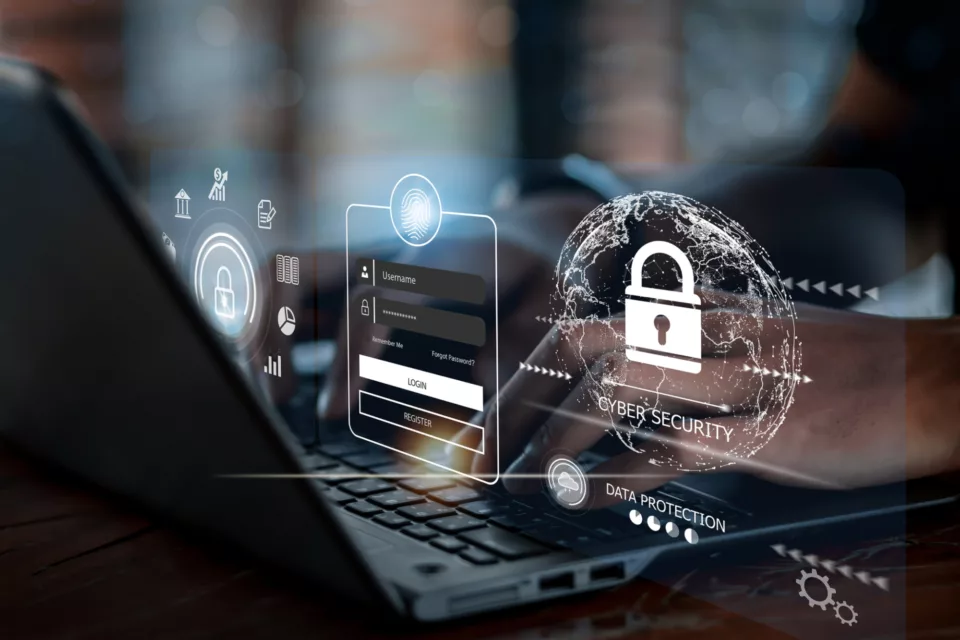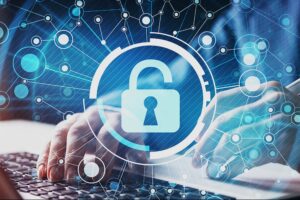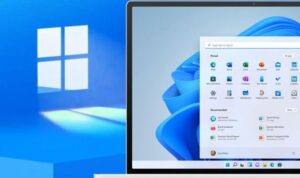The internet is a crucial aspect of daily life but it also carries with it significant dangers. Hackers always look out for personal information which they steal and use to rob money from victims or even change their identities. Protect your data and devices by being mindful of these tech tips for good cybersecurity practices.
1. Make Use of Strong Passwords
An example of one such method is strong passwords that can help in safeguarding against cyber attacks. Strong passwords are the ultimate barrier between you and hackers who might want to gain unauthorized entry into your accounts or private information – these should consist of a combination of upper case letters, lower case letters, numbers, and special characters, making them harder to decipher by hackers. Additionally, strong passwords should be unique to every account and never reused on other sites; therefore, if one site’s security were compromised by a hacker they would not be able to reuse it elsewhere.
Your password must contain at least twelve (12) characters comprising both uppercase and lowercase alphabets plus numerals as well as special symbols such as both upper case letters, lower case letters, numbers, and special characters. When creating or changing online password accounts, avoid including personal information such as your name or birth date because this makes it easy for hackers to gain unauthorized access to sensitive materials like financial data among others. A good password manager will help in generating secure and unique passwords across all the platforms.
2. Install Antivirus Software
Among computers’ major risks is malware which consists of viruses, worms, Trojan horses spyware adware, etc., which are major sources of cyber crimes that occur today worldwide.. Malware left unchecked can cause serious damage to devices and networks besides stealing personal information from unwitting victims. Antivirus programs prevent detect scan eliminate viruses on files and devices while denying connectivity to networks harboring malware or websites hosting it.
Antivirus software has automatic updating features that protect your device against new forms of viruses/malware. In some cases, suspicious files or programs are quarantined by certain programs and the user can decide whether to remove, restore, and so on.
Installation of antivirus software is a must for anyone using the internet regardless of their computer security requirements. Bitdefender, Norton, and Kaspersky among others offer different products; some come with antivirus plus other features such as two-way firewall protection, identity/ location protection VPN & password management services.
3. Ensure That Your Devices Are Up-to-Date
Cybercriminals and malware trying to gain access to your device often exploit weaknesses in software. Hence making sure that all apps, programs, and operating systems are updated is the best way to protect against potential hacker exploits that could allow access.
Software updates provide new functions while improving existing ones as well as fixing bugs for better performance of devices. This also means you will find it easier to use them thereby reducing cyber attack vulnerability and enhancing overall performance.
Update your devices including software and applications every day if possible make automatic updates available where applicable, also manually check for updates at regular intervals (preferably once a month if not weekly) when automatic updates are turned off.
4. Keep your Wi-Fi Network Secure
Computer networks are the mainstay of business systems, however, they can be turned into a channel for cyber crooks who intercept data traveling over airwaves via everybody within reach of your router signal The best approach to securing a network is by ensuring that only authorized devices can access it, reducing unauthorized access and blocking malware that could slow computer performance or worm its way into computer files.
Network encryption may also be used as a good option since it converts information into language that cannot be understood by untrusted parties. Modern routers have this feature built-in; if yours does not, consider turning it on now! Also, segregating sensitive information onto separate networks will ensure less damage in case of an attack and make repairing such damage easier.
5. Keep Your Devices Clean
Internet security involves protecting web browsers, emails, and networks as well as other important elements like multi-factor authentication (MFA) and malware prevention. Without internet security more often than not exposes users to different types of cyber-attacks including; malware, phishing attacks, botnets as well and data breaches which result in personal losses and thefts besides disrupting crucial communications as well as services offered by the internet at large. However, strong Internet security can be easily achieved and maintained.
To reduce risk, use 2FA across all online accounts you own while being vigilant about fake social media profiles. Use VPN services when protecting your devices from antivirus software programs besides regularly updating operating systems.
In simple terms just cleaning your electronics frequently maintains high device hygiene levels For instance wiping monitors with a soft lint-free wipe cloth or disinfectant wipes keeps them germ-free hence their appearance improved to create better performance This is paramount, especially with shared devices such as keyboards or mice used every day by numerous people.



